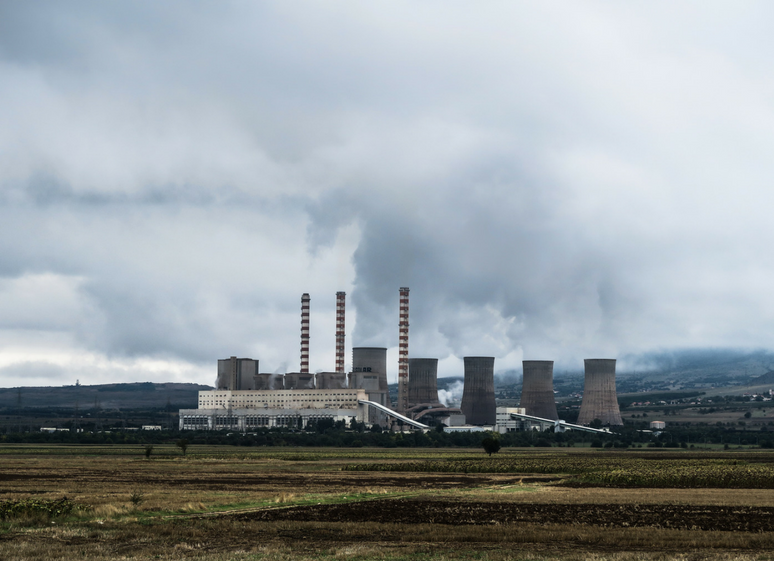5 Environmental Management Trends to Watch in 2018
What are the biggest environmental management trends in 2018? With the field of environmental management changing so rapidly, how do you know which trends to watch?
To help you stay ahead of the curve, we’ve assembled a list of 5 environmental management trends from both global research as well as our conversations with EHS leaders across various industries.
1. Companies aren’t waiting for government regulations
Fewer, looser environmental regulations under this administration means that companies have to police themselves in order to reduce risk and meet stakeholder demands. One way to do that is by adopting a formal environmental management system like ISO 14001.
So it should come as no surprise that the number of ISO 14001 certifications has grown by 70% since 2004, according to the International Organization for Standardization. In 2018 and beyond, expect to see more companies seeking independent certification as a way to demonstrate their commitment to sustainability.
2. EHS leaders are embracing environmental management technology
According to a survey by Verdantix, 42% of EHS directors plan to spend more money on technology in 2018. Among the top technologies of interest are mobile apps for audit and incident management, reporting and analytics, and the Internet of Things (IoT).
Technology offers a myriad of solutions to collect, analyze, and act on environmental data in real-time. If you haven’t yet adopted technology as part of your environmental management system, now is the time.
3. Climate risks are becoming more prominent
The 2017 hurricane season was the most expensive on record, so it’s easy to see why companies are turning their attention to climate risk.
In fact, the 2018 Global Risks Report identified climate risks like extreme weather, natural disasters, and water crises among the most likely and most significant economic risks in the next 10 years.
As climate-related events become more frequent and intense, expect to see more companies making climate risk management a priority.
4. Investors are putting their money on sustainable companies
A recent survey from Morgan Stanley found that 70% of institutional investors are integrating sustainable investing into their investment process. Why? Because asset owners view environmental, social and governance (ESG) factors as a way to proactively manage risk and returns.
With this increased investor interest comes an increased demand for transparency, forcing companies to find better ways to report on their sustainability efforts.
5. Organizations are investing in sustainability
Although some will call it a buzzword, it’s clear that sustainability is still a top priority for companies who want to attract investors and customers. To stay competitive in 2018, companies are ramping up their spending on sustainability initiatives.
Here’s proof: Companies signed a record number of clean energy purchase agreements in the last year, according to a report by Bloomberg New Energy Finance (BNEF). And with stronger oil prices and a renewed interest in drilling, energy companies are increasing investment in projects, technology, and R&D to meet social and environmental demands.
